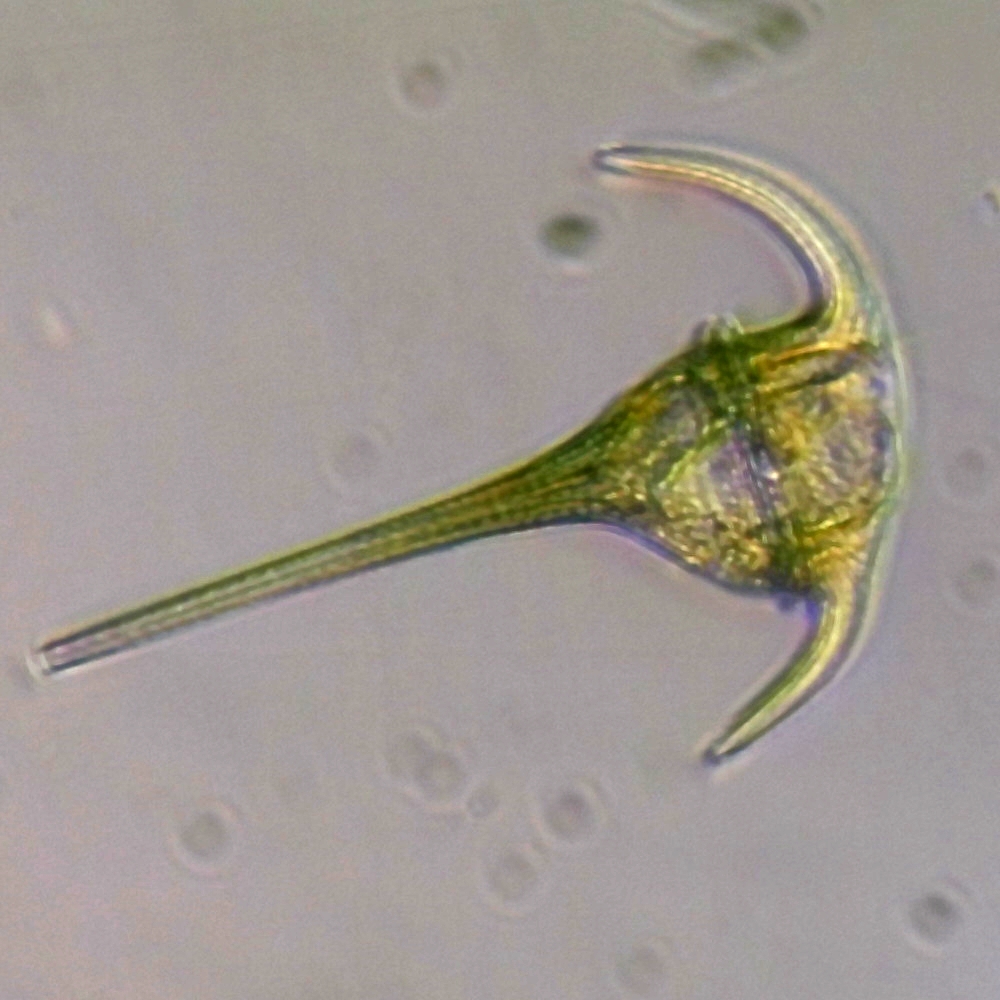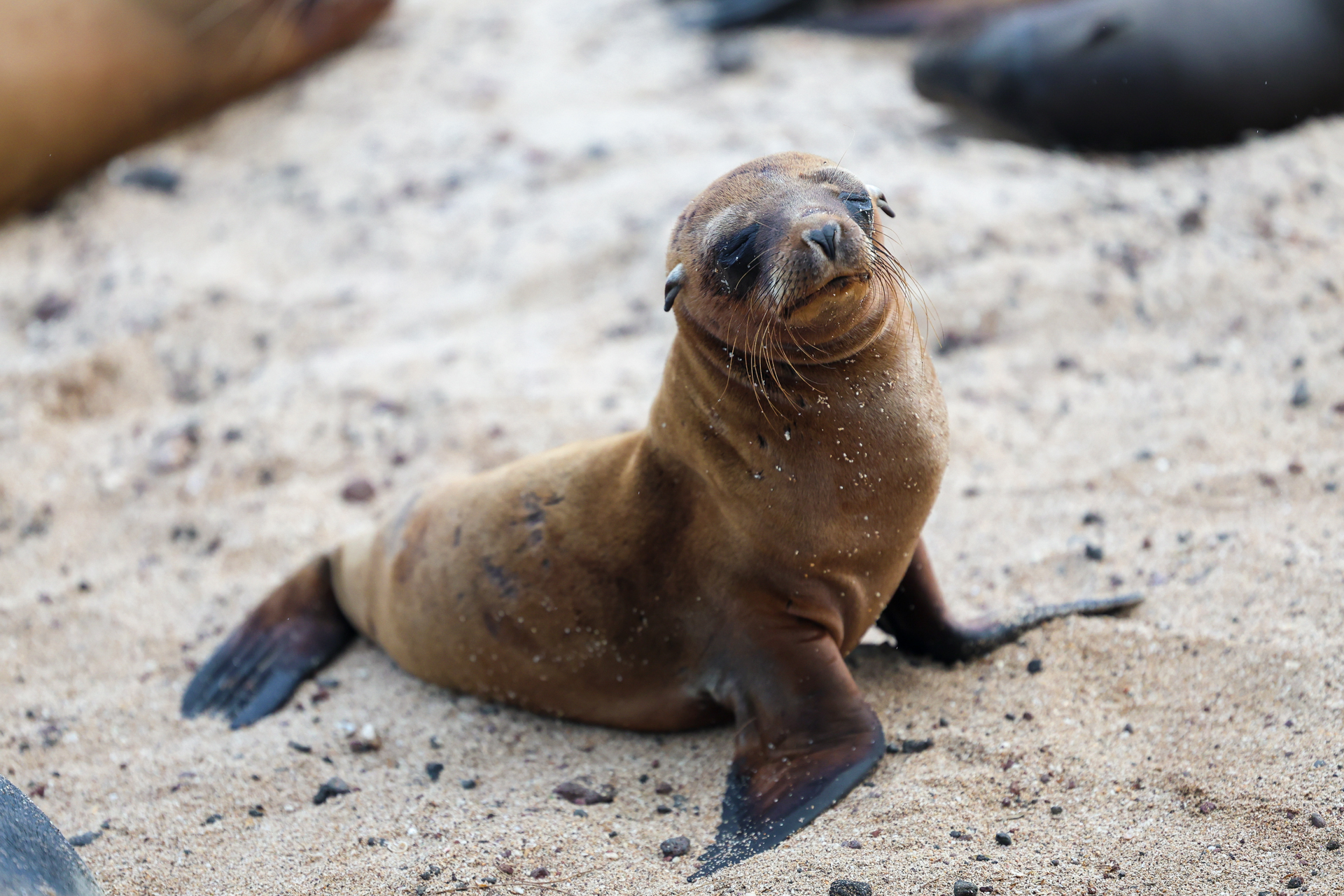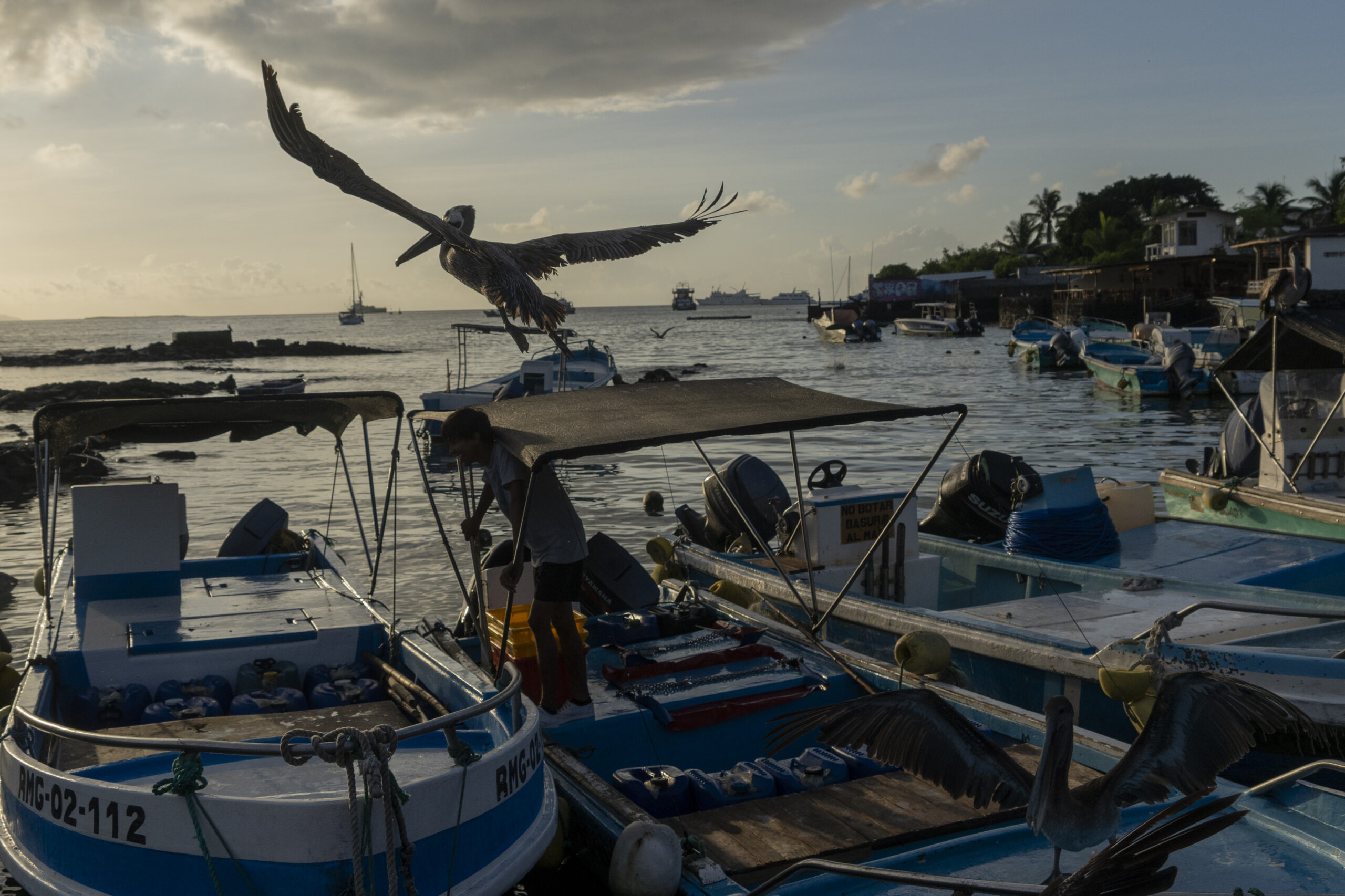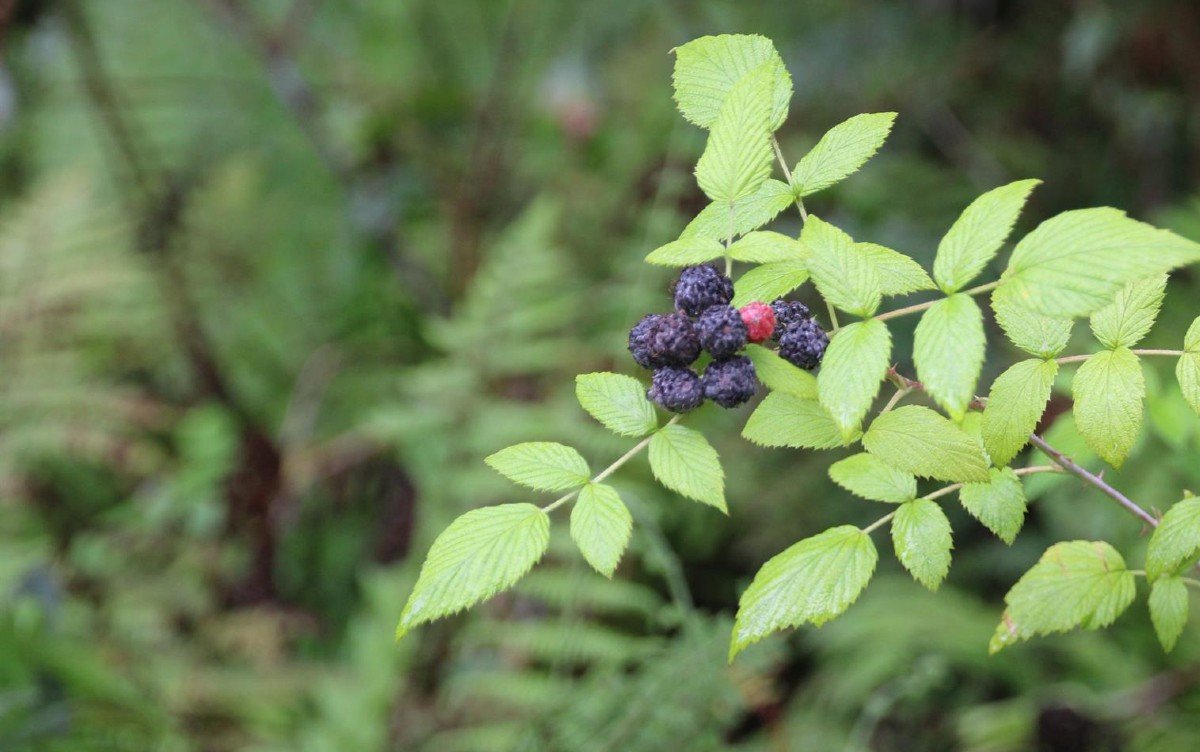El fitoplancton es la base de la red alimenticia marina y su diversidad influye en la salud de los ecosistemas oceánicos. En Galápagos, las corrientes marinas y la variabilidad climática asociada a El Niño-Oscilación del Sur (ENSO) modifican estas comunidades, generando cambios en su productividad y conectividad.
Este estudio buscó identificar los factores que determinan la diversidad y conectividad del fitoplancton en Galápagos, evaluando los efectos de un ciclo ENSO completo sobre su composición y dispersión entre islas.
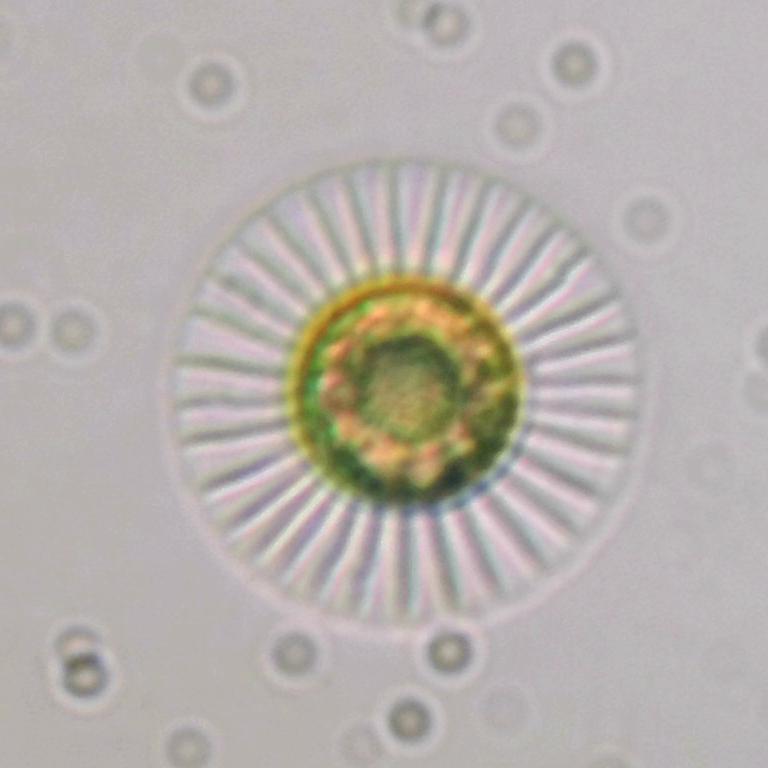
En la investigación se tomaron muestras de agua en distintas islas y fueron analizadas con técnicas moleculares junto a datos ambientales como temperatura, salinidad y nutrientes. Los resultados determinaron que durante El Niño la diversidad disminuye y la conectividad entre islas se debilita, mientras que en La Niña aumenta la productividad y se fortalece la dispersión de especies.
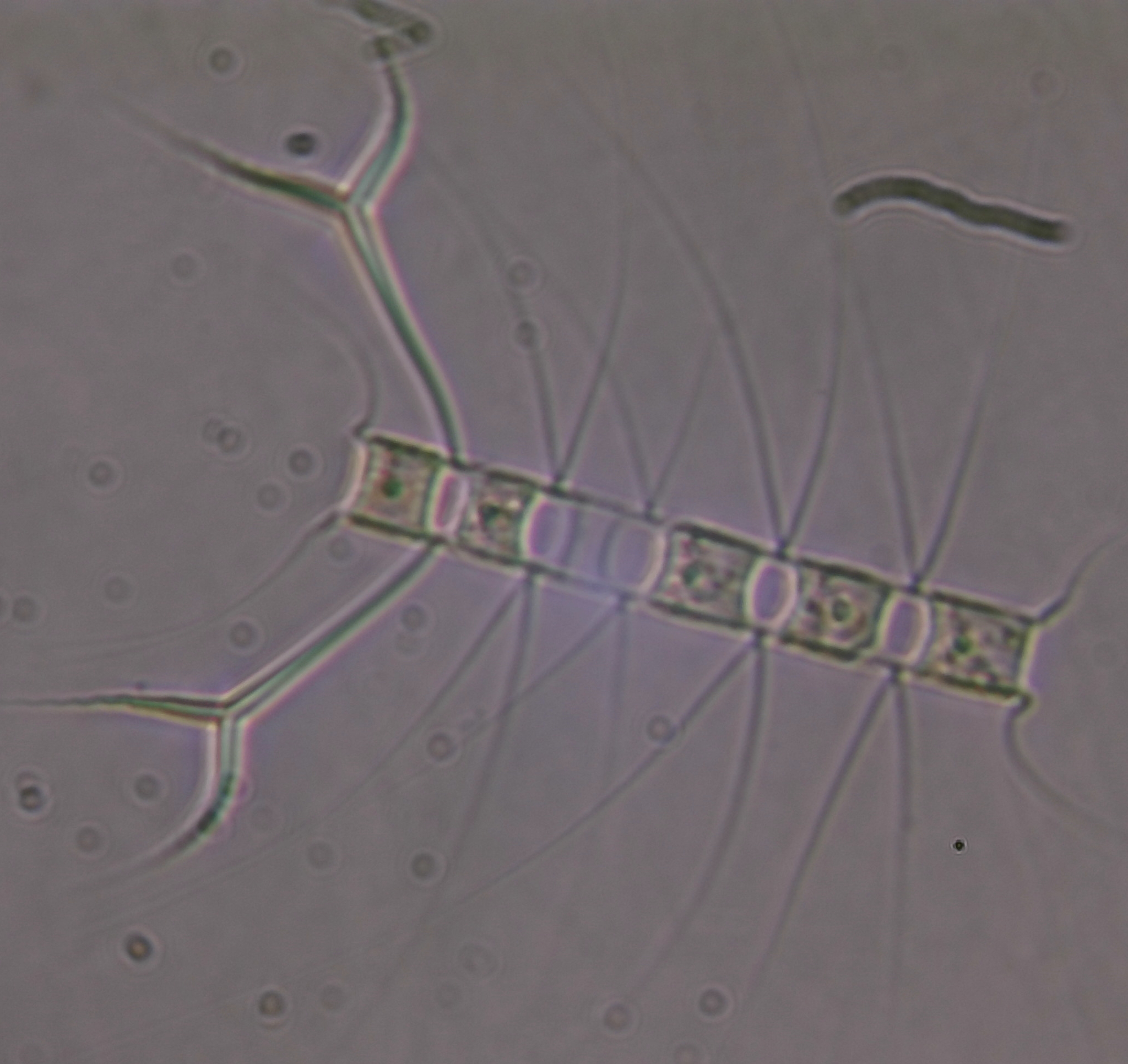
El ENSO es un factor importante en la dinámica del fitoplancton de Galápagos, influyendo en su estabilidad y resiliencia. Estos hallazgos resaltan la necesidad de monitoreo constante para anticipar impactos del cambio climático y apoyar la conservación del ecosistema marino.
Lee el artículo completo aquí: https://doi.org/10.1111/1462-2920.70146

